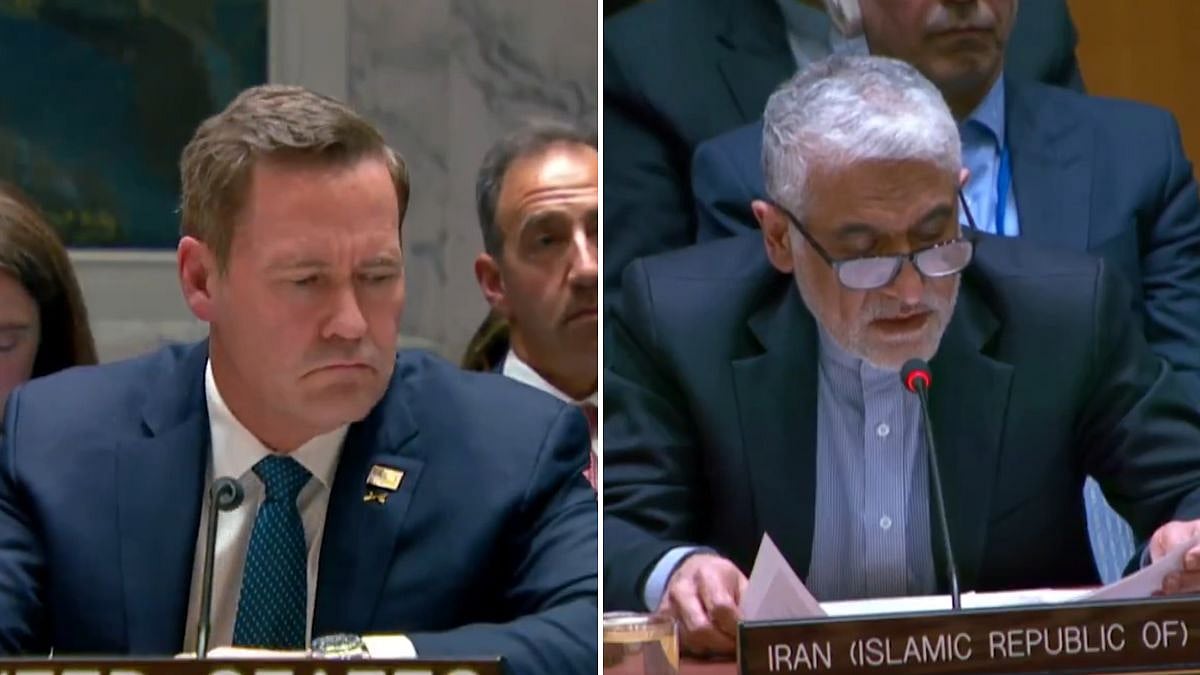According to unconfirmed media sources, RBI is mulling to restrict the ownership of banks in insurance companies. It suggests that RBI is in favor of restricting the bank's stake at a maximum of 20%.
The capital-intensive business models of insurance companies could be the major reason behind this. Instead of feeding insurance companies with capital, the RBI would rather want banks to strengthen their balance sheets and focus on their core business activities.
The speculation has gathered further steam from the recently concluded Max-Axis deal. RBI has allowed Axis to get only 19% stake in Max Life's insurance businesses. It appears that the regulator may prescribe this rule for existing players as well.
Is RBI's concern misplaced?
Apparently, RBI is cautious because the insurance sector requires a high capital base. However, as per the Kotak Institutional report, this concern can be easily addressed by placing a cap on capital infusion. The RBI can also introduce a prior approval mechanism before banks can invest in insurance subsidiaries. It doesn't require a change in the current ownership structure.
Besides that, life insurance companies require capital upfront. And most of the bank-led private insurers have passed that stage. These businesses are currently self-supportive on the capital front. Banks have made negligible investments in insurance subsidiaries in the last five years.
RBI can also derive comfort from the fact that insurance is one of the high growth sectors. It is capable enough to raise capital from private and/or public markets. The government has also proposed to increase the FDI limit in this sector up to 74% in the budget. It will open further avenues for insurance companies to tap.
Bank- Insurance: A proven win-win combination
Bank's ownerships in insurance companies have largely been beneficial for both. For the insurers, Bancassurance has emerged as the most reliable distribution channel. It is also the most cost-effective one. Insurance companies can develop Bancassurance channels even Without banking ownership. But, the cost-benefit may not be the same.
For banks with their vast banquet of wealth management and loan products, insurance products are a natural fit. The interdependent nature of products creates immense cross-selling opportunities.
In the past, the stake sale in insurance companies has supported banks’ to sustain during challenging times. During the recent pandemic, HDFC and ICICI Bank created provisioning buffers by
utilizing proceedings from stake sales in their life and general insurance businesses.
Closing comments:
Bank promoted insurance companies also command higher trust with customers as compared to the non-baking-owned entities. They continue to dominate the market due to the unwavering trust that these banks enjoy.






